Results
-
 £14.95
£14.95To Win The World (Cornet And Trombone Double Trio with Brass Band - Score only) - Bulla, Stephen
This double trio (three cornets and three trombones) was written for the National Capital Band of The Salvation Army in memory of Colonel William Maltby and is based on his own chorus, 'Keep on marching with a fighting faith'. Each solo part is of equal importance so six competent soloists will be required in order to make the piece sparkle!
Estimated dispatch 7-14 working days
-
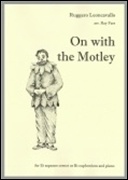 £37.95
£37.95ON WITH THE MOTLEY (Bb or Eb Solo with Brass Band) - Leoncavallo, Ruggero - Farr, Ray
Supplied with parts for soloist in E-flat or B-flat treble clef. This famous aria from the Opera Pagliacci is popular all over the world and sits perfectly for the euphonium. Recorded on Polyphonic QPRL010D Firebird. Duration 3:00.
Estimated dispatch 7-14 working days
-
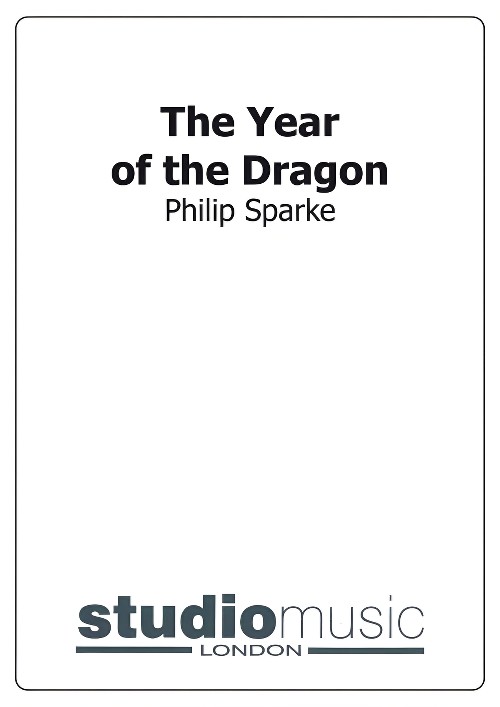 £74.95
£74.95The Year of the Dragon (Brass Band - Score and Parts) - Sparke, Philip
Butlins 2018 Champsionship Section.Recorded on Polyphonic QPRL051D EUROPEAN BRASS BAND CHAMPIONSHIPS 1992.Movement 2 Recorded on Polyphonic QPRL227D SHOUT! (Brett Baker - Trombone & the PolySteel Band)
Estimated dispatch 7-14 working days
-
 £37.95
£37.95The Year of the Dragon (Brass Band - Score only) - Sparke, Philip
Butlins 2018 Champsionship Section.Recorded on Polyphonic QPRL051D EUROPEAN BRASS BAND CHAMPIONSHIPS 1992.Movement 2 Recorded on Polyphonic QPRL227D SHOUT! (Brett Baker - Trombone & the PolySteel Band)
Estimated dispatch 7-14 working days
-
£40.00
The Acrobats - Greenwood, JA - Baker, L
Here's a twist on everyone's favourite trombone solo--a version featuring the entire trombone section! With several suggestions on possible staging provided by Leigh Baker throughout the score, this piece could be the highlight of your latest concert!4th section +Duration 4 mins
In Stock: Estimated dispatch 1-3 working days
-
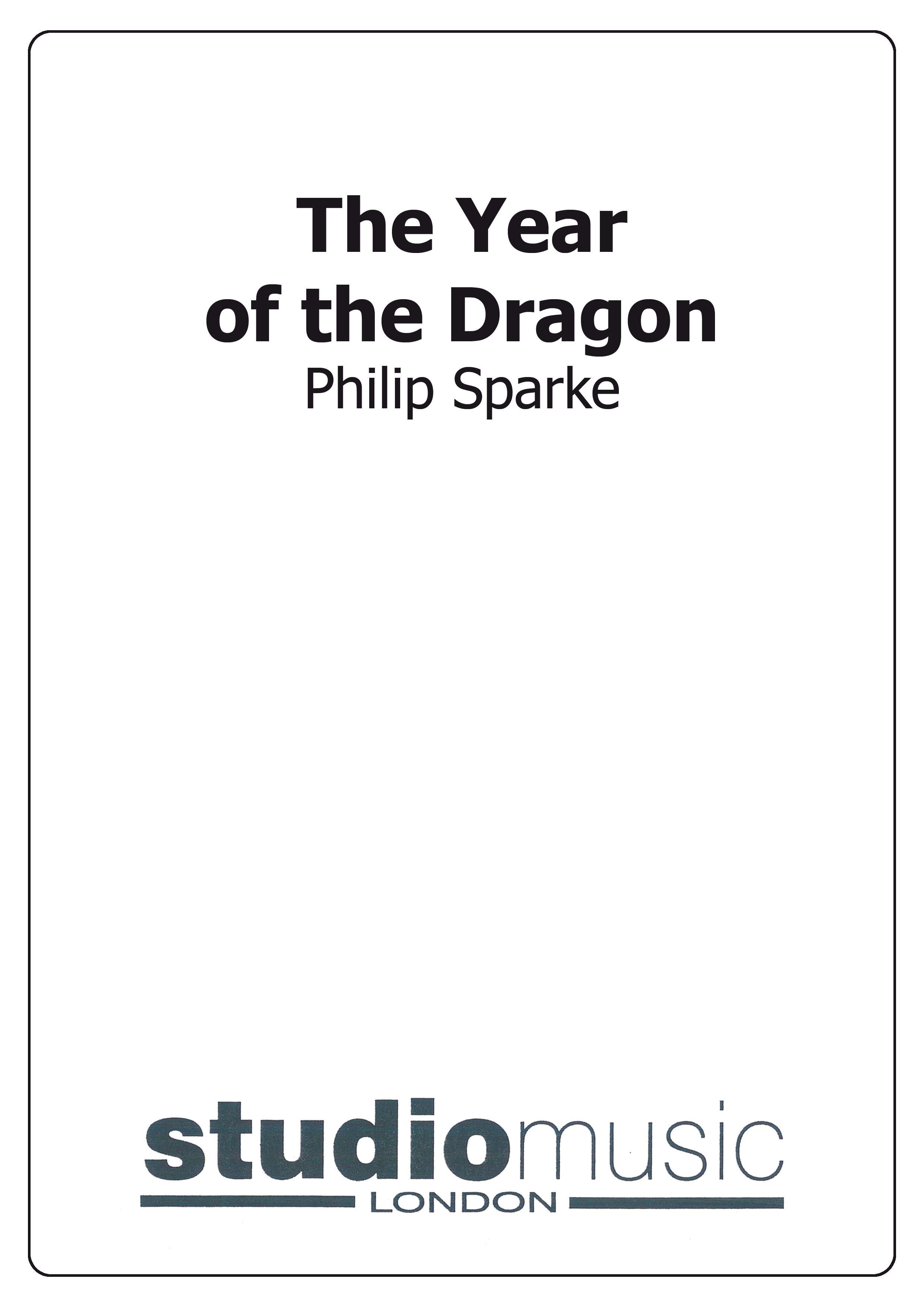 £74.95
£74.95The Year of the Dragon (Brass Band - Score and Parts)
Butlins 2018 Champsionship Section.Recorded on Polyphonic QPRL051D EUROPEAN BRASS BAND CHAMPIONSHIPS 1992.Movement 2 Recorded on Polyphonic QPRL227D SHOUT! (Brett Baker - Trombone & the PolySteel Band)
Estimated dispatch 7-14 working days
-
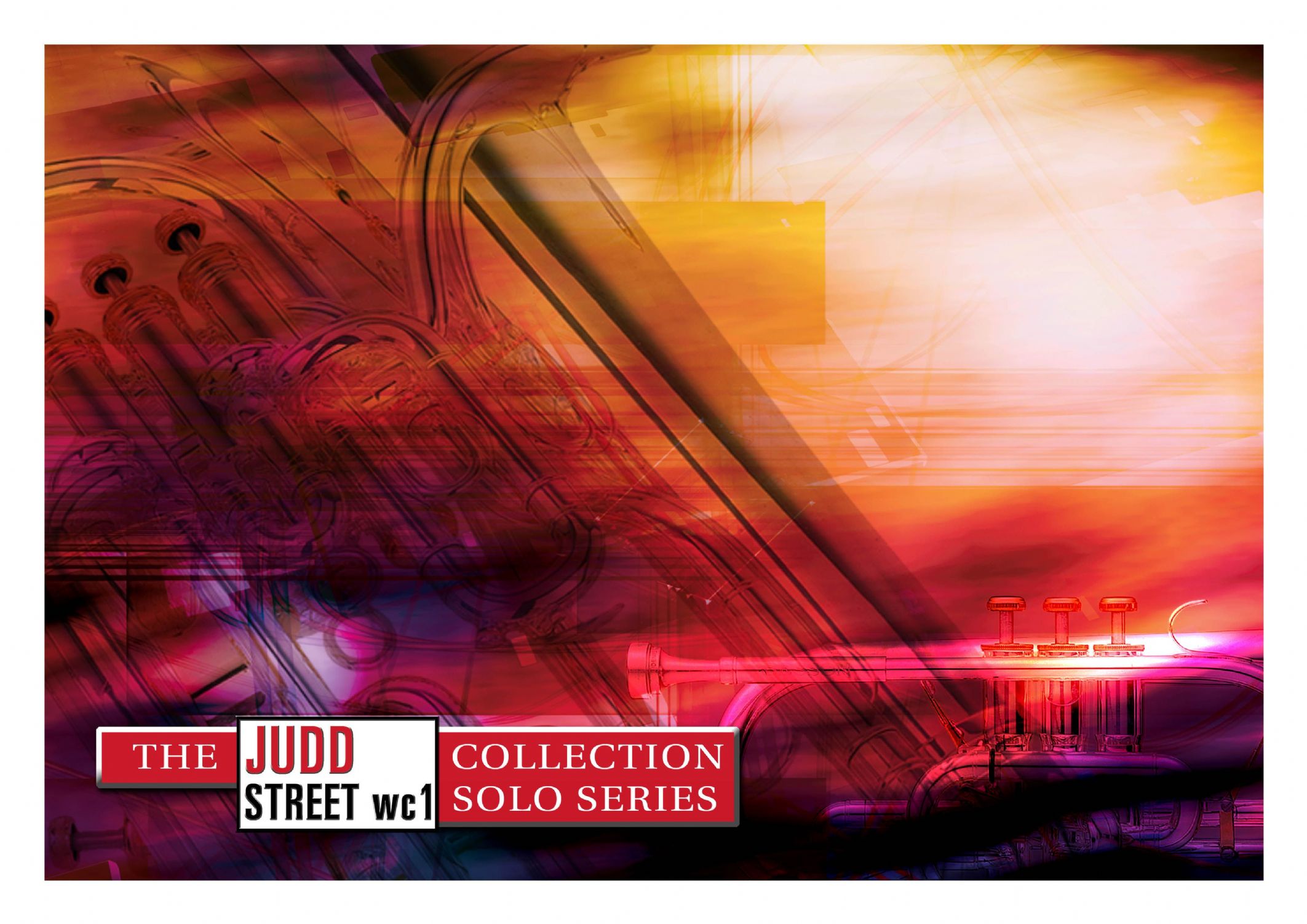 £29.95
£29.95Judd: To Win the World
This double trio (three cornets and three trombones) was written for the National Capital Band of The Salvation Army in memory of Colonel William Maltby and is based on his own chorus, 'Keep on marching with a fighting faith'. Each solo part is of equal importance so six competent soloists will be required in order to make the piece sparkle!
Estimated dispatch 7-14 working days
-
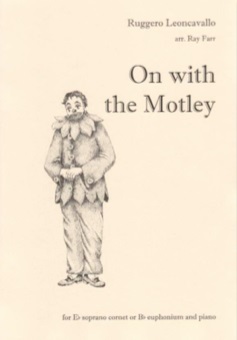 £7.95
£7.95On with the Motley (Soprano Cornet Solo)
This famous aria, from the Opera Pagliacci, is popular all over the world and sits perfectly on brass instruments.Supplied with parts for soloist in E-flat or B-flat treble clef
Estimated dispatch 7-14 working days
-
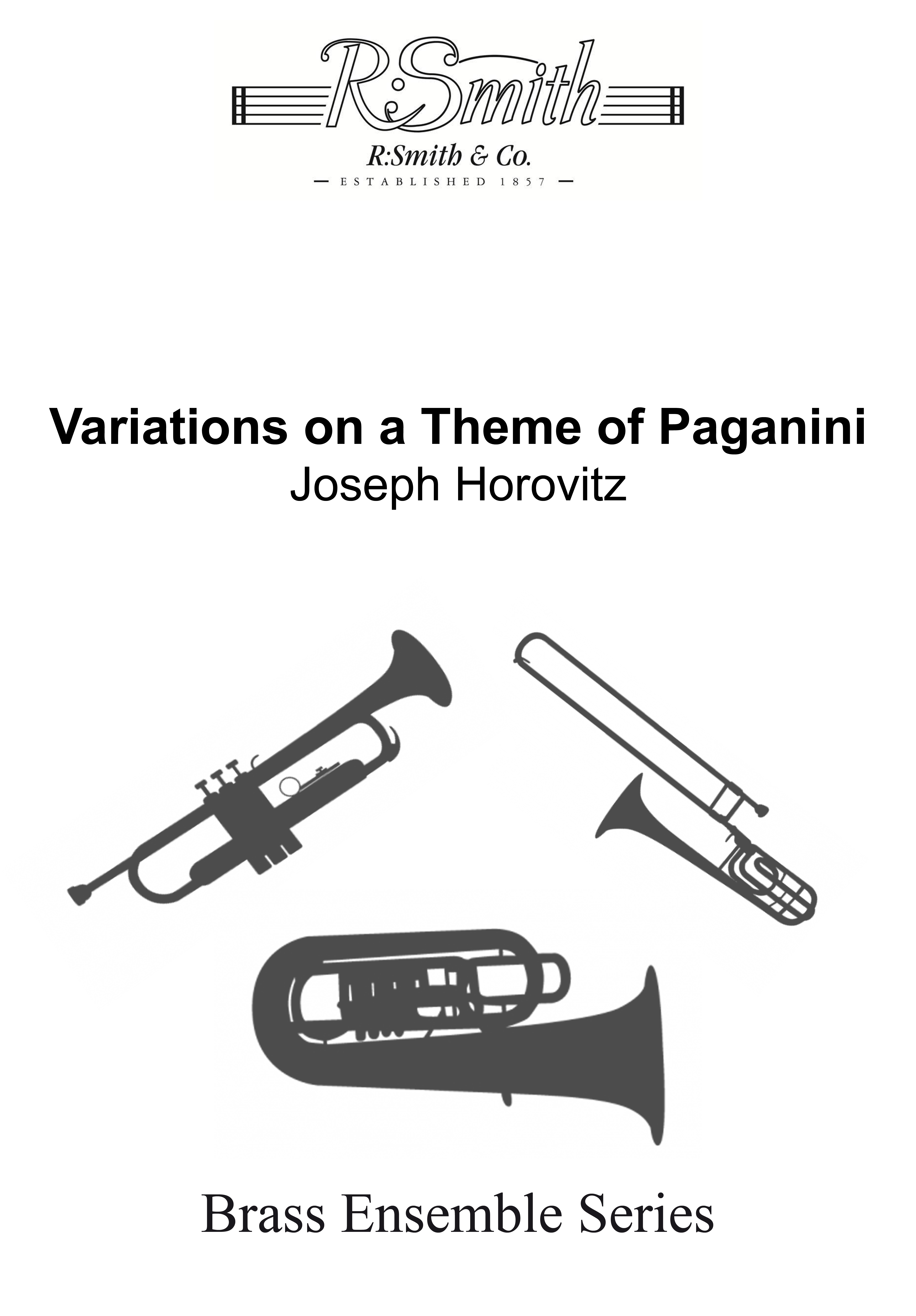 £14.95
£14.95Variations on a Theme of Paganini (Brass Quartet - Score and Parts)
Written for 2 Cornets, Eb Horn (or F Horn) and Euphonium TC (or Tuba BC). Commissioned by the National Brass Band Championships of Great Britain, with funds provided by the Arts Council of Great Britain and first performed at the Royal Albert Hall, London, on 5th October 1974.
Estimated dispatch 7-14 working days
-
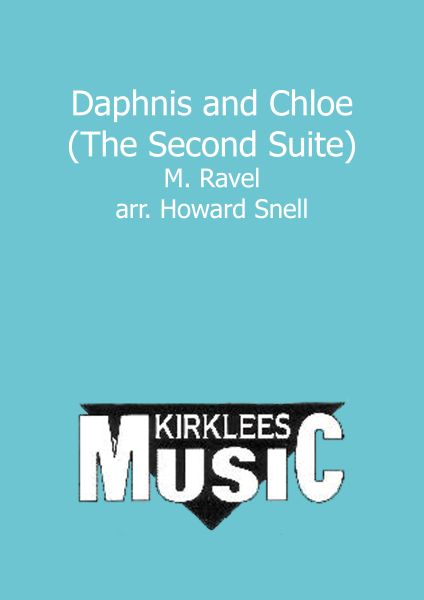 £10.00
£10.00Daphnis and Chloe (The Second Suite) (Study Score)
This score is available from September 10th on this website only, until October 20th 2012, when it will be on sale at the British National Brass Band Championships at the Royal Albert Hall
Estimated dispatch 7-14 working days
